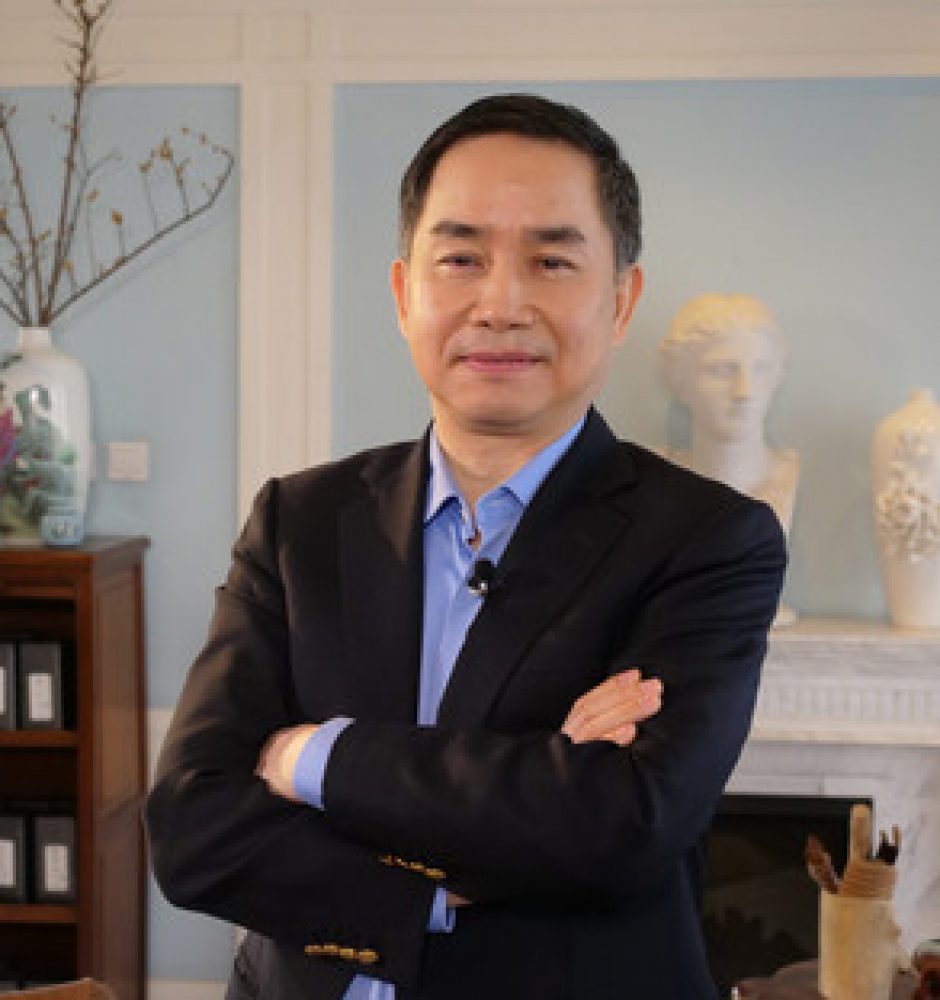美国总统特朗普最近的关税上调加剧了全球贸易紧张局势,反映了特朗普的经济施压策略和长期战略目标。港大经管学院金融学讲座教授陈志武解释道:“特朗普将关税视为推动国内重组的战略工具和国际谈判中的筹码。”他进一步评论说,特朗普的做法不仅关乎恢复美国过去的收入地位,还旨在重塑影响全球贸易的权力动态。 陈教授认为,中国应该坚持开放和基于规则的全球秩序。他表示:“中国应继续维护联合国和世界贸易组织等国际机构的权威,保持友好的经济关系,加强自身的韧性。” 展望未来,陈教授预计全球贸易将向区域联盟转移,全球治理将越来越碎片化。

3910 3079 / 3917 1271
KK 1338
美国总统特朗普最近的关税上调加剧了全球贸易紧张局势,反映了特朗普的经济施压策略和长期战略目标。港大经管学院金融学讲座教授陈志武解释道:“特朗普将关税视为推动国内重组的战略工具和国际谈判中的筹码。”他进一步评论说,特朗普的做法不仅关乎恢复美国过去的收入地位,还旨在重塑影响全球贸易的权力动态。 陈教授认为,中国应该坚持开放和基于规则的全球秩序。他表示:“中国应继续维护联合国和世界贸易组织等国际机构的权威,保持友好的经济关系,加强自身的韧性。” 展望未来,陈教授预计全球贸易将向区域联盟转移,全球治理将越来越碎片化。
港大经管学院金融学讲座教授陈志武评论道:“归根结底,现实情况是,中国的私营企业在政府需要推动经济增长或稳定经济时,发挥着重要的价值。”
港大经管学院金融学讲座教授陈志武表示,香港经济必然受到影响,因为美国可能会提高对中国商品的关税,并加强对技术转移。但他预计新关税上限将设定在60%。 教授指出,特朗普的主要支持者之一、科技亿万富翁埃隆·马斯克,可能在特朗普的第二任期内对与中国相关的政策制定起到缓和作用。他还预计,北京将采取更积极的刺激措施,以应对更大的地缘政治不确定性。
“第三季度的数据显示可能会令人失望,表现不及第二季度4.7%的同比增长,这使得北京面临更多困境,”香港大学金融学教授陈志武表示。 “这就是为什么北京在第三季度末积极推出刺激措施。”
安永调查显示,中国电动车企业应发挥成本优势拓展海外,惟品牌信任及知名度不足是挑战。消费者信任度差异体现于年龄,讲座教授陈志武指出年轻群体对中国品牌的信任度反映了对国家的整体印象。
中国各地正倒查一些企业和个人几十年来拖欠的税款,试图解决居高不下的财政赤字并应对日益严重的债务危机。中国税收征管方式的任意性将打击企业的积极性和民营经济的信心。港大经管学院金融学教授陈志武更是提到"中国经济放缓是难以避免的"。
The shrinking salaries of China’s financial professionals have made the jobs in this sector losing lustre. Prof. Zhiwu Chen, Chair Professor of Finance at HKU Business School, commented that such pay cuts may drive away skilled financial professionals, and depress supply of risk capital and other financial services. He said, “[Over time], tech start-ups and the real economy will also suffer if there is fewer risk capital and financial products to support them.” China’s financial industry used to be providing generous salaries to bankers and financial brokers in a push to incentivise performance and internationalise operations. Prof. Chen said that a market-oriented way is better than top-down directives to decide compensation for financial professionals. “China needs to loosen regulations, increase competition to drive down the price of financial services [to benefit people and businesses],” he said.
Hong Kong is winning back wealthy people thanks to the city’s policy initiatives including tax concessions, top talent visa and residency programs, and the establishment of Family Office Hong Kong. Hong Kong’s assets under management grew 2.1% to HK$31 trillion (US$4 trillion) in 2023. Driven by a strong performance of private banking and wealth management, net fund inflows jumped more than 3 times to nearly HK$390 billion last year. While Singapore stepped up efforts to combat money laundering, it has seen a major shift from the pandemic years since Hong Kong relaxed the quarantine rules and reopened the border with efficient transportation to mainland China cities. Prof. Zhiwu Chen, Chair Professor of Finance at HKU Business School, said the mainland billionaires’ enthusiasm for setting up family office business in Singapore has waned, as they prefer less government checks to their personal wealth. “If Singapore would do as many checks and tighter regulations as the mainland, then why would they want to go there?” Prof. Chen said.





